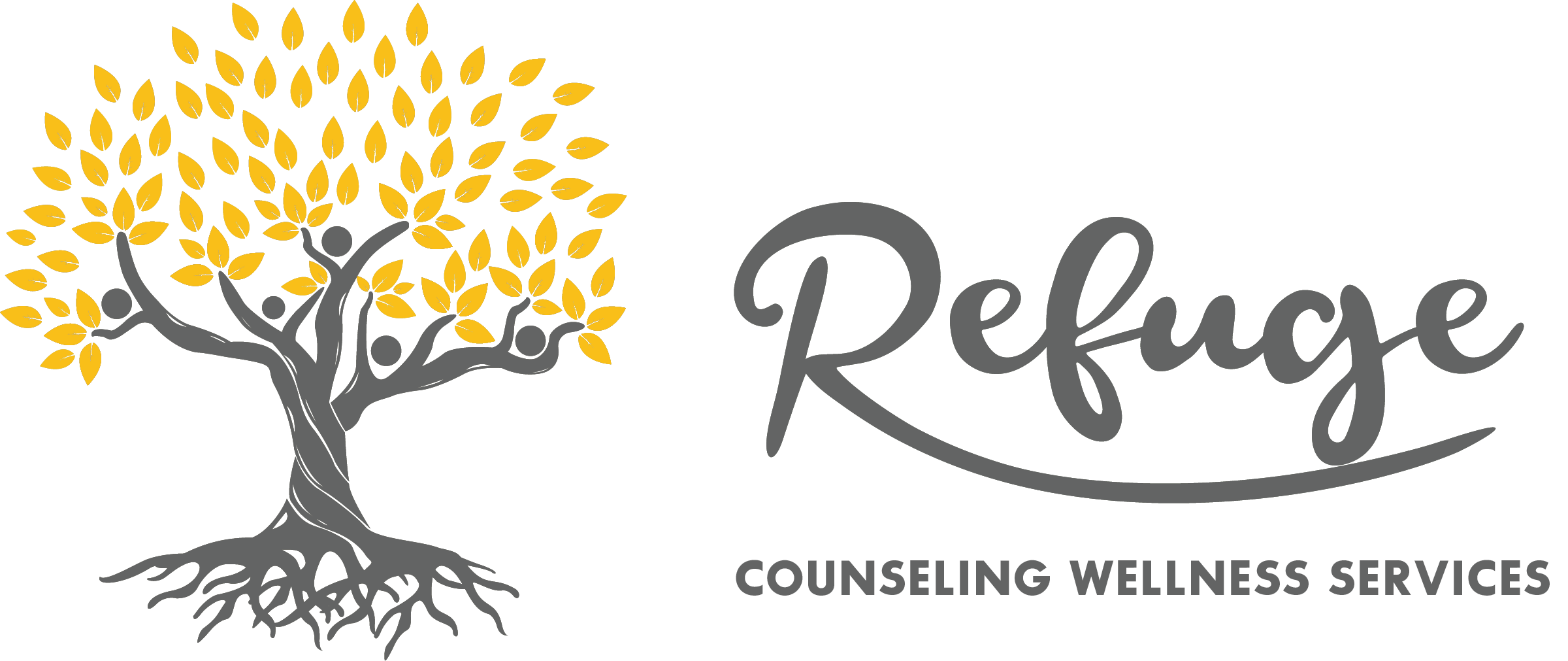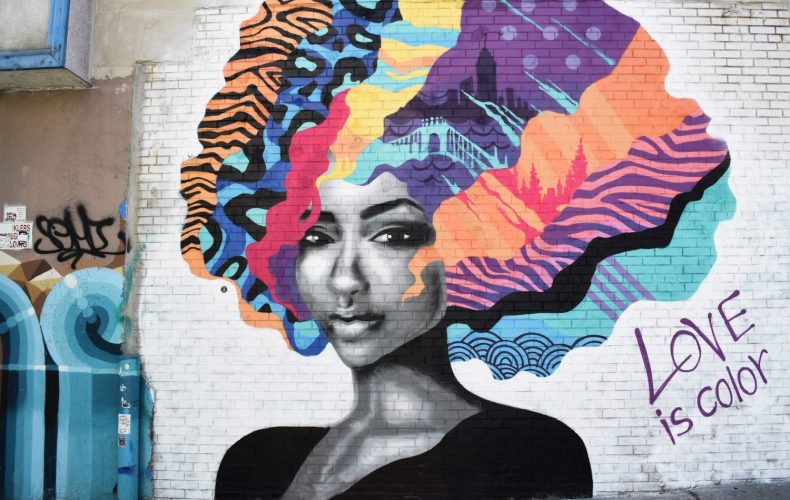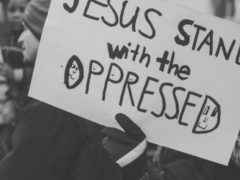Let me just start off by saying this is not a politically driven post. The topic of racial justice or racial unity is a therapeutic, spiritual and social issue that affects all of us, especially clients of color who represent vulnerable minority groups. What we are witnessing in our Country is the topic of race being catapulted back into a national discourse due to the state of America. Many have called this the 2nd Civil Rights Movement, while others are chanting “Make America Great Again.”
Despite your own personal views regarding race relations in our Country, I implore you to take advantage of the opportunity to be informed and carefully and consciously engage when appropriate. These discussions are painful but necessary. Here are some things to consider prior to opening your mouth.
Consider the reality that ignoring race issues is not an option for our clients and friends of color: Here’s Why?
The truth is, as a Black therapist I would love more than anything not to be negatively reminded of the color of my skin or be perceived negatively because of my stance on (racial) justice. That is a privilege I just do not have. Its tiring to hear comments like “you’re an educated Black person,” “ you’re being divisive, “you’re making a big deal out of nothing” or “you’re unforgiving” because I am speaking about issues that matter to my livelihood but make individuals uncomfortable. Be aware that these instances are the norm for people of color who live in a Country that make policies and pass laws that affect their lives and their children’s lives.
Consider acknowledging your own racial bias.
We all have them. They are those attitudes, stereotypes and/or belief systems that are often not rooted in truth, but drive and influence what we think and how we treat people. Comments like “Asians can’t drive because they can’t see” or “Black men are scary and aggressive” and so forth and so on. Such biases are dangerous. Are you aware of some of your racial biases? What are they and why are they not true?
Consider being proactive in identifying ways that you are NOT a racist.
If you are quick to defend that you are not a racist, may I challenge you to consider ways that you are anti-racist. What are you doing to combat racism? How are you challenging your implicit and explicit bias that can lead to partiality, prejudice and racist harmful actions?
These are all difficult but necessary questions to ask yourself before engaging in any racial discourse. These questions help strengthen your level of awareness, cultural sensitivity and competency. This awareness is key to the therapeutic relationship. Please do not allow these questions to discourage you.



